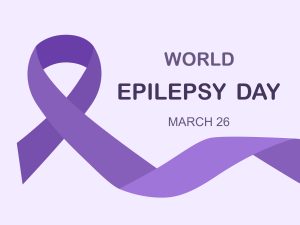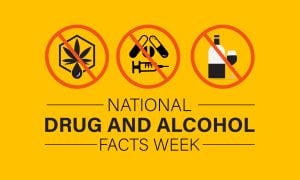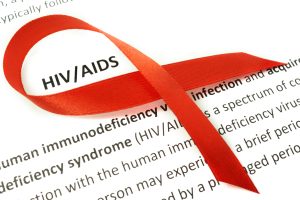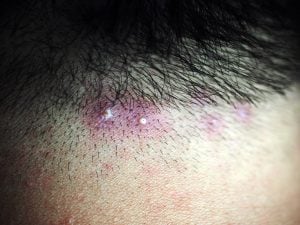 Vertigo is a sensation that makes the environment around you spin in circles. It can make you feel dizzy and off-balance. Vertigo is a symptom of several health conditions rather than a disease itself, however, it can occur along with other symptoms.
Vertigo is a sensation that makes the environment around you spin in circles. It can make you feel dizzy and off-balance. Vertigo is a symptom of several health conditions rather than a disease itself, however, it can occur along with other symptoms.
Other symptoms that might be experienced when you have vertigo include:
- Nausea and vomiting
- Dizziness
- Balance issues
- Hearing loss in one or both ears
- Tinnitus
- Headaches
- Motion sickness
- A feeling of fullness in your ear
- Nystagmus
There are two main types of vertigo: peripheral and central. Peripheral vertigo is the most common type. It occurs when there is an issue with the inner ear or vestibular nerve.
Subtypes of peripheral vertigo include:
- Benign paroxysmal positional vertigo (BPPV)
- Labyrinthitis
- Vestibular neuritis
- Ménière’s disease.
Central vertigo is less common. It occurs when a condition affects the brain, such as an infection, stroke, or traumatic brain injury. People with central vertigo usually have more severe symptoms like severe instability or difficulty walking.
The causes of vertigo vary from person to person. Causes can include:
- Migraine headaches
- Certain medications such as antibiotics, anti-inflammatories, and cardiovascular drugs
- Stroke
- Arrhythmia
- Diabetes
- Head injuries
- Prolonged bed rest
- Shingles in or near your ear
- Ear surgery
- Perilymphatic fistula
- Hyperventilation
- Low blood pressure
- Ataxia
- Syphilis
- Otosclerosis
- Brain diseases
- Multiple sclerosis (MS)
- Acoustic neuroma
Vertigo can cause falls resulting in bone fractures or other injuries. It can also interfere with your quality of life and hinder your ability to drive or go to work.
To diagnose vertigo, a healthcare provider will perform a physical exam and ask questions about your symptoms. They may also recommend one or more tests to confirm your diagnosis. Healthcare providers can also perform tests to diagnose vertigo, including:
- Fukuda-Unterberger test
- Romberg’s test
- Head impulse test
- Vestibular test battery
- Imaging tests
Treatments for vertigo depend on the underlying cause. Healthcare providers use a variety of treatments, including:
- Repositioning maneuvers
- Vertigo medication
- Vestibular rehabilitation therapy (vertigo exercises)
- Surgery
If you are experiencing vertigo symptoms, visit Flushing Hospital Medical Center’s Ambulatory Care Center. To schedule an appointment, please call (718) 670-5486.
All content of this newsletter is intended for general information purposes only and is not intended or implied to be a substitute for professional medical advice, diagnosis or treatment. Please consult a medical professional before adopting any of the suggestions on this page. You must never disregard professional medical advice or delay seeking medical treatment based upon any content of this newsletter. PROMPTLY CONSULT YOUR PHYSICIAN OR CALL 911 IF YOU BELIEVE YOU HAVE A MEDICAL EMERGENCY.










